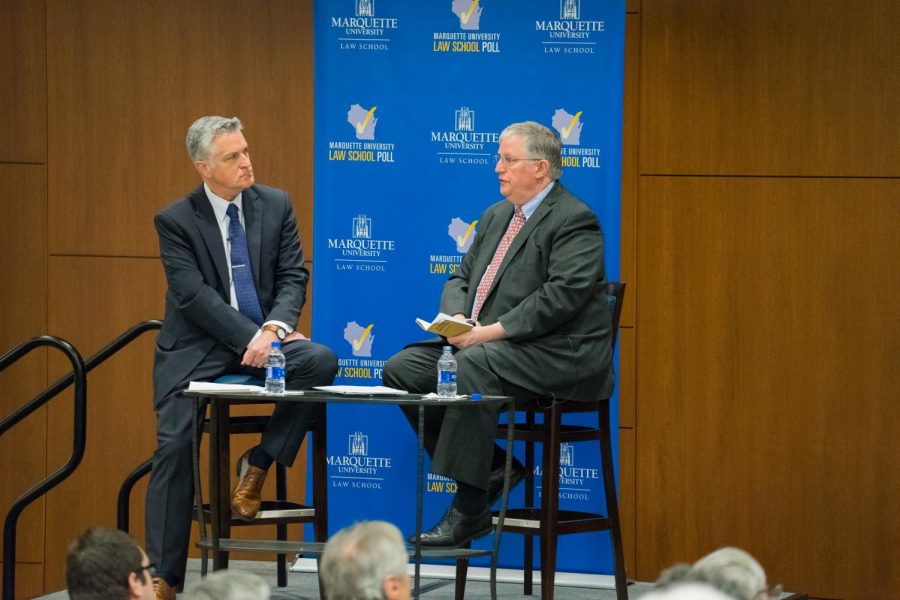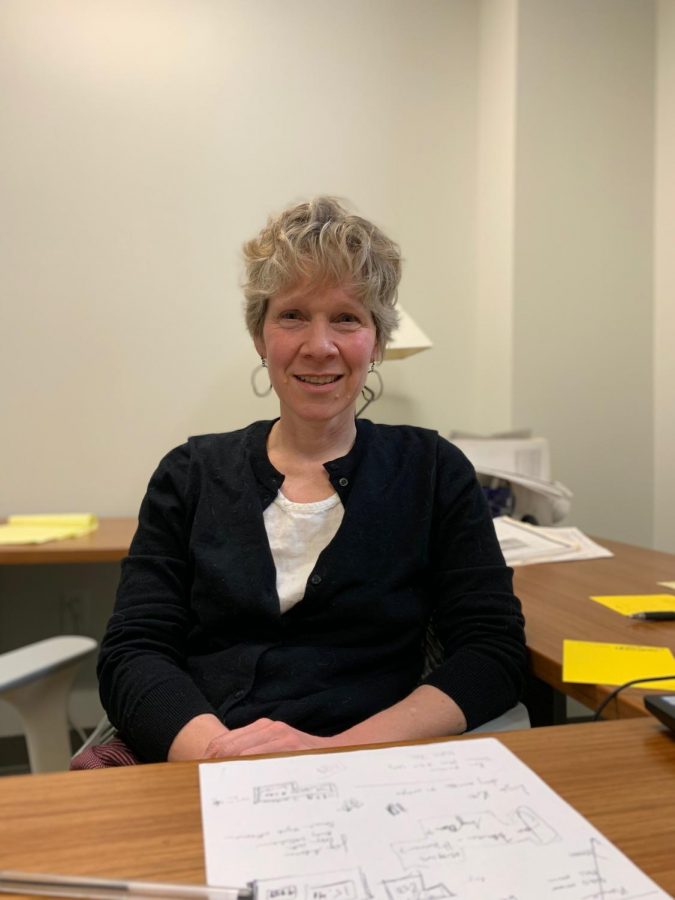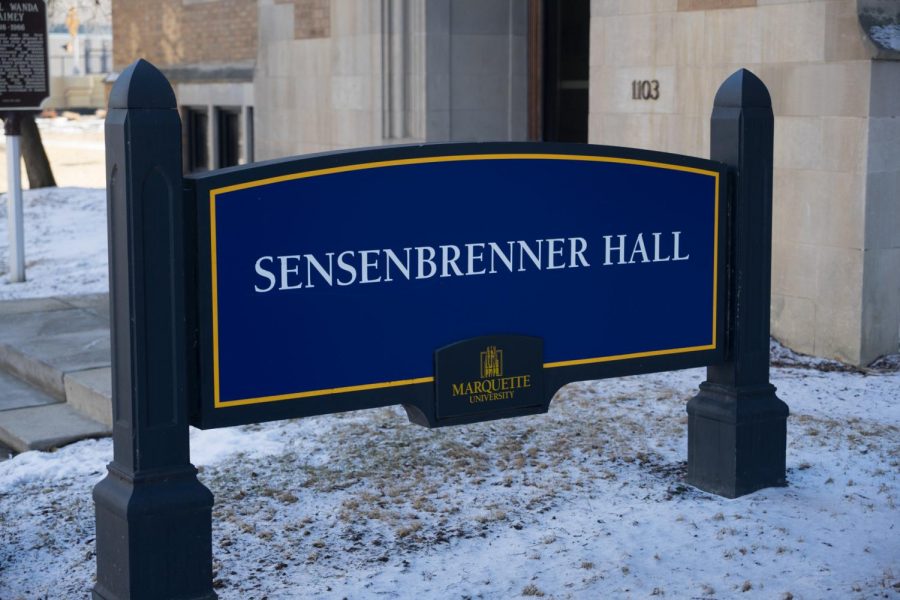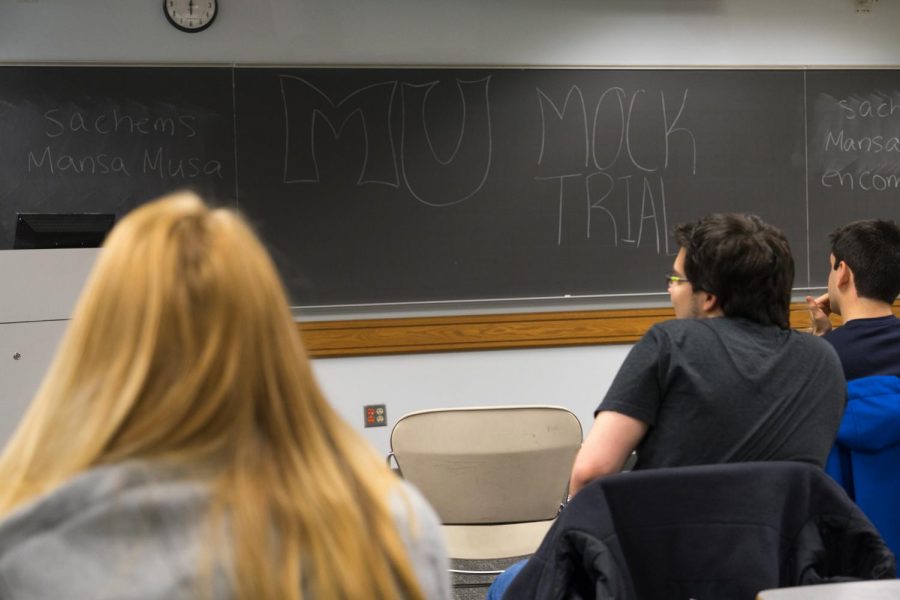Marquette’s Honors Program will fund eight new writing student tutors for the 2015-16 school year with some of the strategic innovation funds it received last year.
Students interested in being tutors must take ENGL 4230 during the spring 2016 semester. The tutors will be part of the course-embedded tutors program done through the university’s Norman H. Ott Memorial Writing Center. The program at the Writing Center is in its second semester.
“One of the things we are trying to build in Honors is writing across disciplines,” said Amelia Zurcher, director of the Honors Program.
Writing Center Director Rebecca Nowacek said the course-embedded tutors program works directly with professors who are committed to teaching writing. The tutors will help students work on strategies to improve their writing and revision skills.
“What we’re doing with the (course-embedded tutors) program is finding faculty who are really committed to teaching with writing in the classes,” Nowacek said. “Then they come to their class and say every single person in this class will meet with a course-embedded tutor because (they) care a lot about revision, and we know this is one of the things that lots of writers struggle with.”
Six course-embedded student tutors for political science and psychology are available to students this semester and may be offered to honors students in the future. Each tutor is assigned around eight to 10 students for the semester.
“The course-embedded tutors program gives people opportunities to try to undertake some more significant revision,” Nowacek said. “It’s easier to do when you have someone to talk with and to suggest strategies to work on.”
Rachel Landsem, a senior in the College of Arts & Sciences, is a course-embedded political science tutor.
“We see the papers before the professor does, and our job is to help the students turn in the best version of their paper that they can to their professor,” Landsem said.
Tutors meet with the professor of the course they’re embedded in to understand the professor’s expectations and become familiar with course assignments before meeting with students.
“We’re a position within the class that works without too much content knowledge,” said Kieran Moriarty, a senior in the College of Arts & Sciences and course-embedded tutor. “We work one-on-one with each writer (students) in the course with knowledge on the assignment from the professor and we are trying to improve the way that their writing is being produced.”
Zurcher said the ability to fund the tutors will allow honors students to continue developing a variety of skills.
“We really value students getting a broad education as opposed to doing one thing,” Zurcher said. “I think that for honors students, having that ability to work with other people, having really good writing skills and being able to think across disciplines, which I think the course-embedded tutors program really helps do, is just invaluable.”








